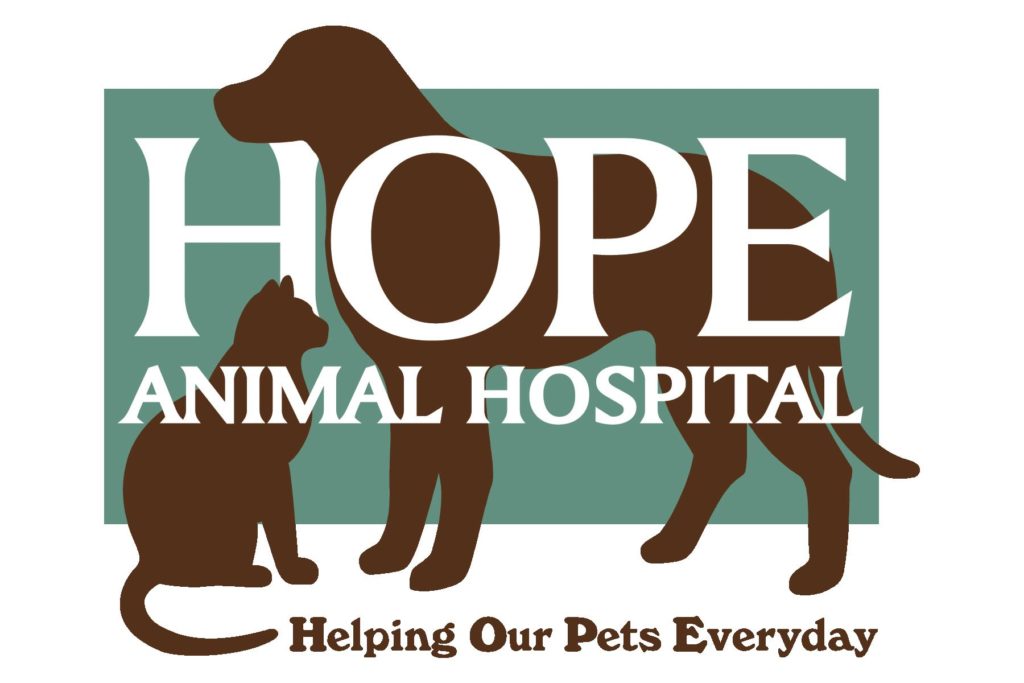Library
-
Reptile pets benefit from yearly health examinations. Regular veterinary care, to prevent problems before they occur, is necessary to ensure your pet lives a long, healthy life. Intestinal parasites and/or underlying health problems may only be identified by your veterinarian during a yearly exam.
-
If they are well looked after, including proper diet and husbandry, bearded dragons are reasonably hardy animals. Common health conditions of pet bearded dragons include CANV, atadenovirus, metabolic bone disease, parasites, infectious stomatitis (mouth rot), and respiratory infections. Any change from normal is cause for concern and should be immediately evaluated by your veterinarian.
-
Bearded dragons have specific environmental requirements to thrive as our pets. This handout outlines their housing needs, including enclosure size, appropriate bedding, preferred accessories, and necessary lighting and temperature control.
-
Bearded dragons are well-known small to medium-sized lizards. They are currently considered one of the most popular pet lizards for all ages. Owners often refer to their pets as 'beardies'. This handout explains how they differ from other pets and provides tips for selecting a healthy beardie to keep as your pet.
-
Bearded dragons are susceptible to several health problems; understanding them will help you prevent them from occurring in your pet and know when to seek veterinary attention. Problems described in this handout include salmonellosis, avascular necrosis, tail rot, abscesses, and dystocia (egg binging).
-
The bearded dragon is a popular small- to medium-sized pet lizard. Bearded dragons are omnivorous, meaning they eat both plant and animal-based foods, including insects. They should consume a diet that is 50% insects and 50% green leafy vegetables. This handout is a general guide for feeding pet bearded dragons a nutritious and balanced diet.
-
Box turtles can be very fairly easy to care for type of turtle. It needs to be mentioned that there are several medical conditions that are known with box turtle ownership. Every box turtle owner should be aware that any swelling, change in energy level or food intake needs veterinary attention relatively soon.
-
Brumation is a state of sluggishness or inactivity that wild bearded dragons undergo in extreme environmental conditions in their native Australia. Pet bearded dragons are often assumed to be undergoing brumation inside a normal household setting, but in many cases, the pet is sick. A veterinary examination is highly recommended for any reptile showing sings of lethargy or inactivity.
-
Chameleons are fascinating pets with bright colors and eyes that can rotate 360 degrees. Chameleons range in size from 0.9 inches to 27 inches long. They require special considerations in relation to their cage set-up and diet. Most chameleons do well on a cricket, mealworm, or waxworm-based diet. All chameleons require UVB lighting, a heated cage environment, and humidity of 60%-90%.
-
Before getting a reptile, research all aspects of reptile ownership, including the appropriate reptile for your lifestyle, how to provide it with a proper diet, suitable housing, and a healthy, stimulating environment. All reptiles need to be examined by a reptile-savvy veterinarian immediately after purchase or adoption , and then at least annually after that. These pets usually do not act sick until they are very sick and need immediate veterinary attention. Regular veterinary care, plus an informed, knowledgeable pet owner, greatly reduces the likelihood of illness and death in these pets.

